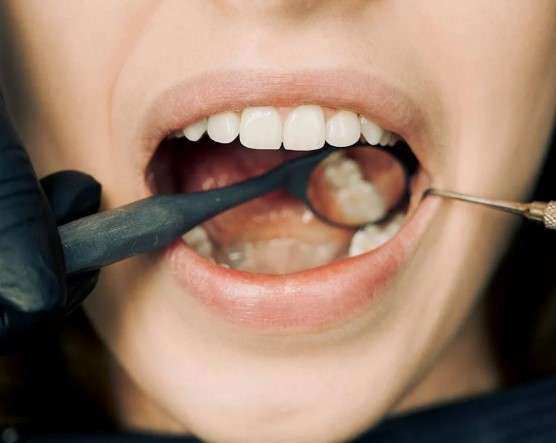Addressing Peri-Implant Mucositis: Prevention and Treatment
Dental implants have become a reliable way to restore lost teeth, offering comfort, function, and appearance. But just like natural teeth, implants need regular care to stay healthy. One issue that often goes unnoticed in its early stages is peri-implant mucositis, a condition that affects the soft tissues around a dental implant. If left untreated, it can lead to more serious complications like peri-implantitis and eventual implant failure.
Understanding how to prevent and manage this condition can help you maintain a healthy, long-lasting smile. Let’s explore what peri-implant mucositis is, what signs to watch for, and how it can be treated.
What Is Peri-Implant Mucositis?
Peri-implant mucositis is an inflammatory reaction in the gum tissue surrounding a dental implant. It’s comparable to gingivitis around natural teeth, affecting only the soft tissues and not the underlying bone. Fortunately, it is reversible when caught early.
The main warning sign is bleeding when brushing or probing the gums near the implant. Some people might notice swelling, redness, or mild discomfort. These symptoms can easily be overlooked or mistaken for routine irritation, so paying attention to changes in your mouth is important.
What Causes It?
The leading cause of peri-implant mucositis is plaque buildup. Just like with natural teeth, bacteria collect around the implant and irritate the gums. Poor oral hygiene, smoking, and a history of gum disease increase the risk.
In some cases, improperly placed implants or poorly fitted crowns can make cleaning difficult, allowing bacteria to accumulate.
Prevention Starts at Home
Daily care makes a big difference. Brushing twice a day and using interdental brushes or water flossers can help remove plaque around implants. Regular check-ups and professional cleanings are just as important, especially if you have multiple implants or limited dexterity.
Choosing the right implant provider also matters. Getting dental implants in Sydney from experienced professionals ensures proper placement and ongoing care support.
Treatment Options That Work
When caught early, peri-implant mucositis can be reversed with non-surgical treatments. A dentist will usually start with a professional cleaning to remove plaque and tartar. Antibacterial mouth rinses or gels may be prescribed to control infection.
In some cases, laser therapy or air polishing may be used to thoroughly clean the area without damaging the implant surface.
Left untreated, the condition can develop into peri-implantitis, which involves bone loss and often requires surgical intervention. That’s why it’s always better to act at the first signs of trouble.
How Much Does It Cost to Protect Your Implants?
The dental implants cost in Sydney may feel like a big investment upfront, but ongoing care is quite affordable. Catching issues like mucositis early can help you avoid expensive procedures in the future.
If you’re worried about the cost of getting started, there are providers who offer cheap dental implants in Sydney without cutting corners on quality.
Final Thoughts
Peri-implant mucositis might sound like a technical term, but it simply means your gums are inflamed around an implant. The good news? It’s treatable and preventable with the right habits and professional support.
By staying on top of your oral hygiene and getting regular check-ups, you can protect your dental implants and keep your smile strong for years to come.


